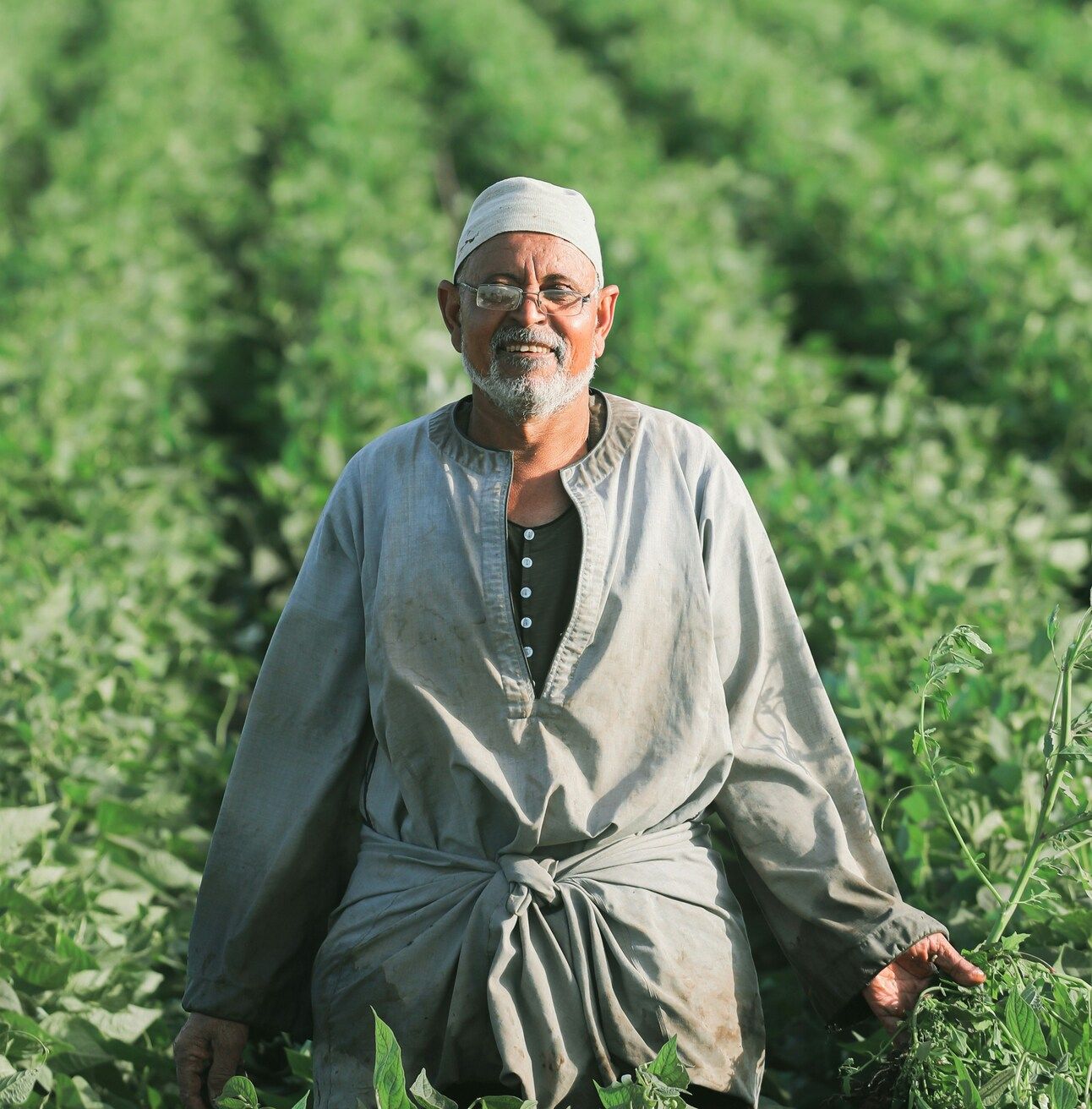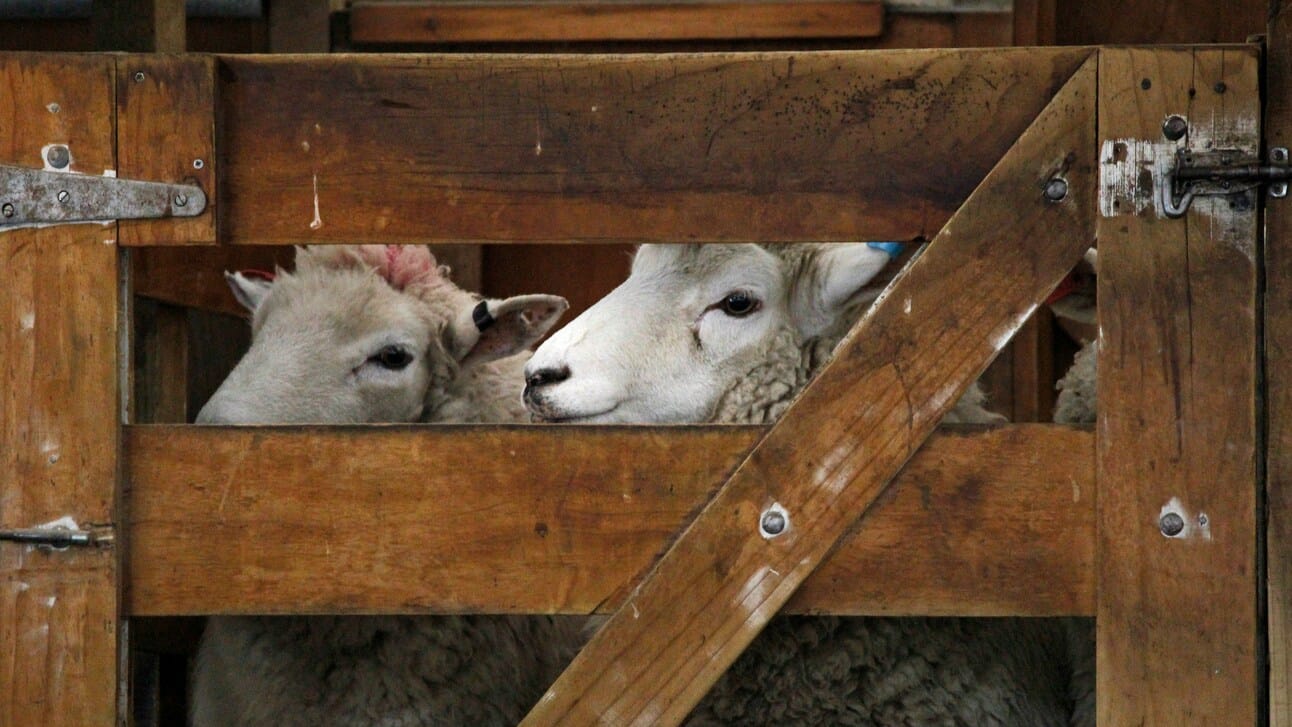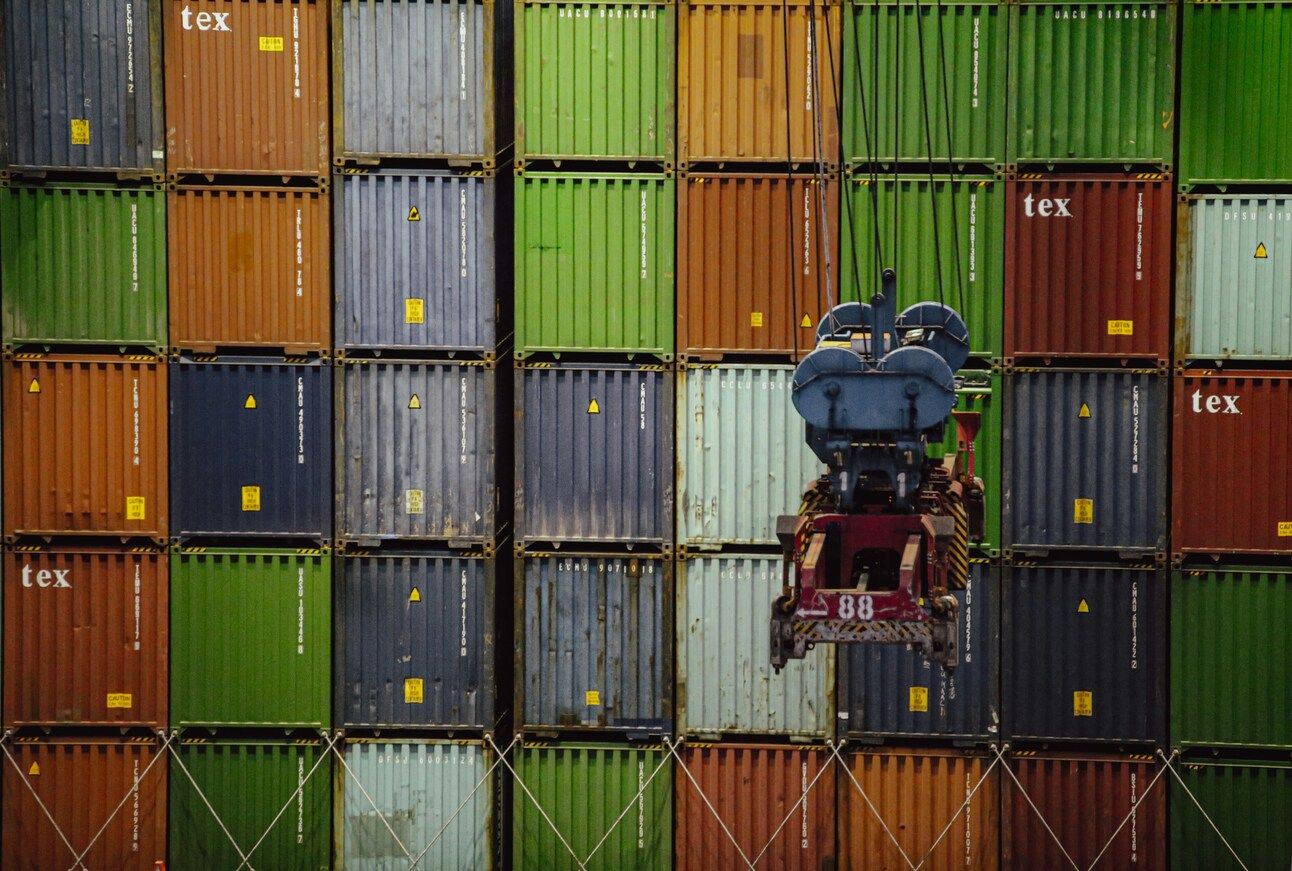- Soma Mater's Newsletter
- Posts
- SOMA MATER Weekly Newsletter
SOMA MATER Weekly Newsletter

Welcome to the SOMA MATER weekly newsletter.
This weekly newsletter highlights the top 3 stories from the past week in food systems and sustainability, along with SOMA MATER's analysis and perspective.
How could Egypt's Future of Egypt Initiative be affected by environmental and energy problems? How might these issues impact its goals and use of money?
How does Saudi Arabia’s financial aid to Somalia relate to their trade relationship, particularly in the context of livestock exports?
How have shifting geopolitical dynamics impacted global trade relationships globally and regionally?
Sustainably yours,
The SOMA team
Future of Egypt Initiative: Wheat, Water, and Worries – A Recipe for Disaster?

Egypt's government launched the national Future of Egypt initiative in May. It will aim to reduce reliance on imports and save $3.7 billion annually by boosting local production of wheat, corn, and sugar.
But similar programs have faced implementation issues due to high demands for water, fertilizers, and energy. Some projects have been stalled for decades. Many agricultural projects continue unimplemented under one of Egypt’s land reclamation programs for 40 years. The Future of Egypt initiative may also be hindered by environmental constraints like water scarcity and an ongoing energy crisis. Egypt has been experiencing one-hour blackouts to conserve natural gas since May, and the Egyptian Electricity Holding Company has recently extended the blackouts to up to three hours. Critics argue that Egypt's agricultural policies often prioritize export-led agriculture over local needs, raising concerns that the initiative could become another project of poor capital allocation by the government.
Soma’s Perspective:
SOMA fears that the Future of Egypt initiative will be hindered by environmental issues. A misuse of capital due to water shortages and an energy crisis will continue to challenge this project. The initiative's goals may become unachievable. We are concerned that food security is being used to source funds, rather than tackle food security issues in the country. Investors should consider these risks when looking to invest in this new project.
Sources:
Saudi and Somalia: Sheep Diplomacy

Saudi Arabia has dispersed billions of dollars in relief to countries like Somalia, Sudan, and Nigeria. In the month of June alone, the King Salman Humanitarian Aid and Relief Center (KSrelief) distributed 1,000 food baskets to Sudan. The Kingdom also entered into an agreement to support the recovery of Somalia’s economy. This aid acts as a stopgap to their food security challenges in the midst of military and political conflicts.
Saudi Arabia's assistance to Somalia is significant because of the trade relationship between the two nations. Somalia is a major livestock exporter to Saudi Arabia. In 2021, 71.1% of Somali exports to Saudi Arabia were sheep and goats. This is relevant considering the important role of livestock in religious hubs like Saudi Arabia. The Kingdom is the largest importer of small ruminants like sheep and goats in the world.
Livestock trade between both countries dates back to the 1960s. A livestock export ban by Saudi Arabia in 2016 cost Somalia $770 million over five years. By 2021, Somalia’s exports to Saudi Arabia totaled $306 million, with trade increasing by 105% from 2021 to 2022.
Soma’s Perspective:
Saudi Arabia’s aid provides temporary humanitarian relief but is not a sustainable solution. The trade between Somalia and Saudi Arabia is tied to the foreign aid. Livestock trade with countries like Somalia is crucial for religious tourism in Saudi Arabia. This trade is a major contributor to the Kingdom's religious tourism and economy.
Sources:
https://www.mewa.gov.sa/reefea/attachments/قطاع صغار مربي الماشية/LIV-2021-Characterization and assessment_TC.pdf
Trade Tango: When Geopolitics Leads to New Dance Partners

Shifting geopolitical dynamics are impacting global trade. Trading partners and foreign direct investment are being reevaluated based on these new lines. Since 2019, trade restrictions have more than tripled, and financial sanctions have expanded. This is marking a period of increasing protectionism.
The trade relationship between major economies has shifted. For instance, China's share in U.S. imports has declined by 8 percentage points between 2017 and 2023, while the U.S.' share in China's exports dropped by about 4 percentage points during the same period.
Geopolitical events like the Russia-Ukraine war and the Red Sea crisis have created opportunities for countries in Central Asia to bridge trade. Described as connector countries, they play a crucial role in mitigating the impact of de-coupling geopolitical rivals. Data shows that since 2017, countries receiving an increase in Chinese exports and greenfield investments have experienced increased exports to the U.S.
Trade partnerships for the region have also changed. After the Russian invasion of Ukraine, imports from China to Central Asian countries increased dramatically. In the last 5 years, these imports have nearly doubled. Countries in the Middle East and North Africa, including Algeria, Kuwait, Oman, and Qatar, have doubled their energy exports to the European Union in 2022–2023 to meet the rising demand for non-Russian oil and gas.
Soma’s Perspective:
Strategic alliances and diversified supply chains are becoming increasingly vital in the current geopolitical scenario. Non-aligned countries and connector states will continue to play a pivotal role in keeping the global trade network resilient and connected. SOMA will continue to track the effects of these events on the UAE and the region through our Intelligence Reports.
Sources:
SOMA MATER is writing Intelligence Reports on the topics of Food Security and Sustainability Transition. If you’d like to know more, contact us through the link below: